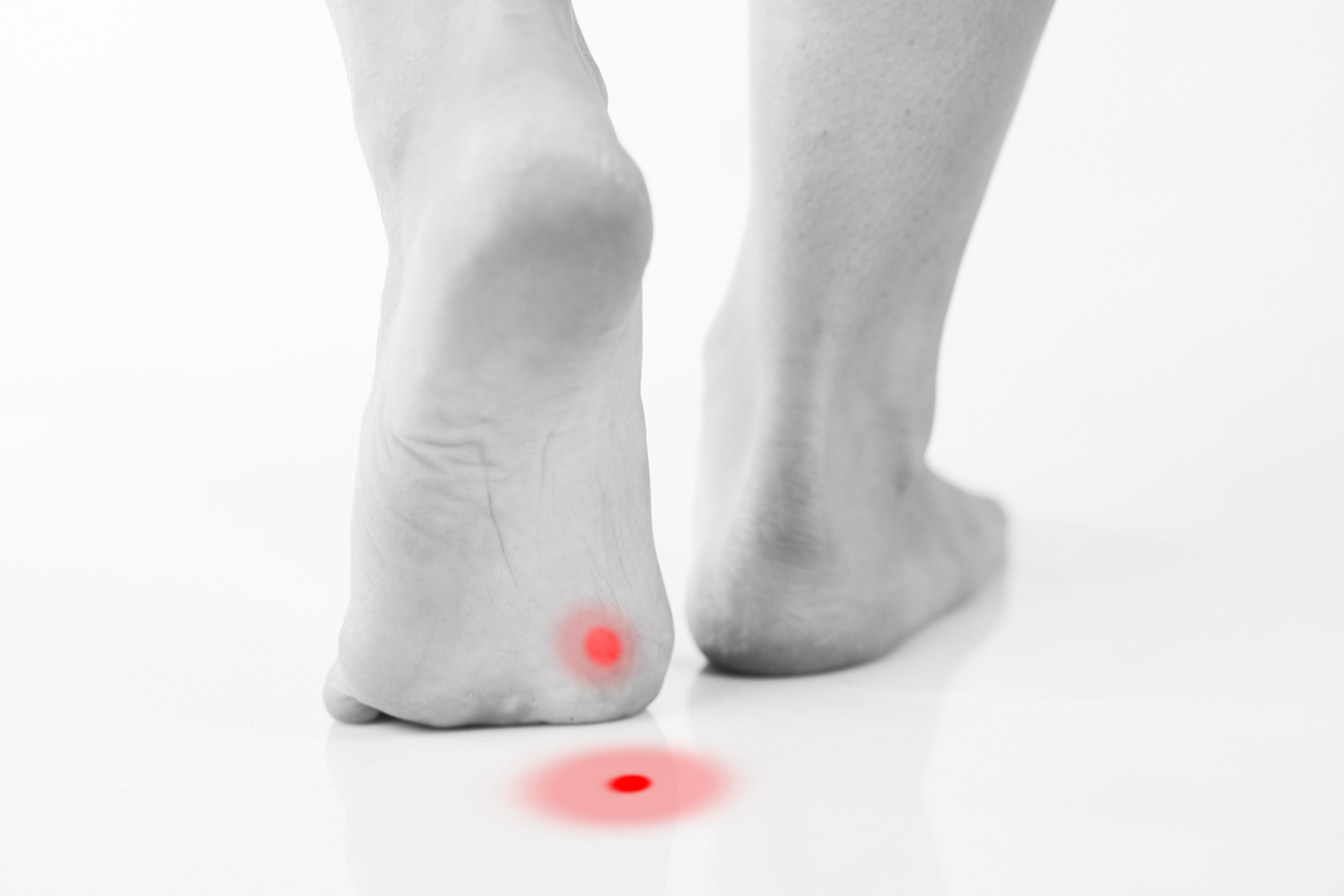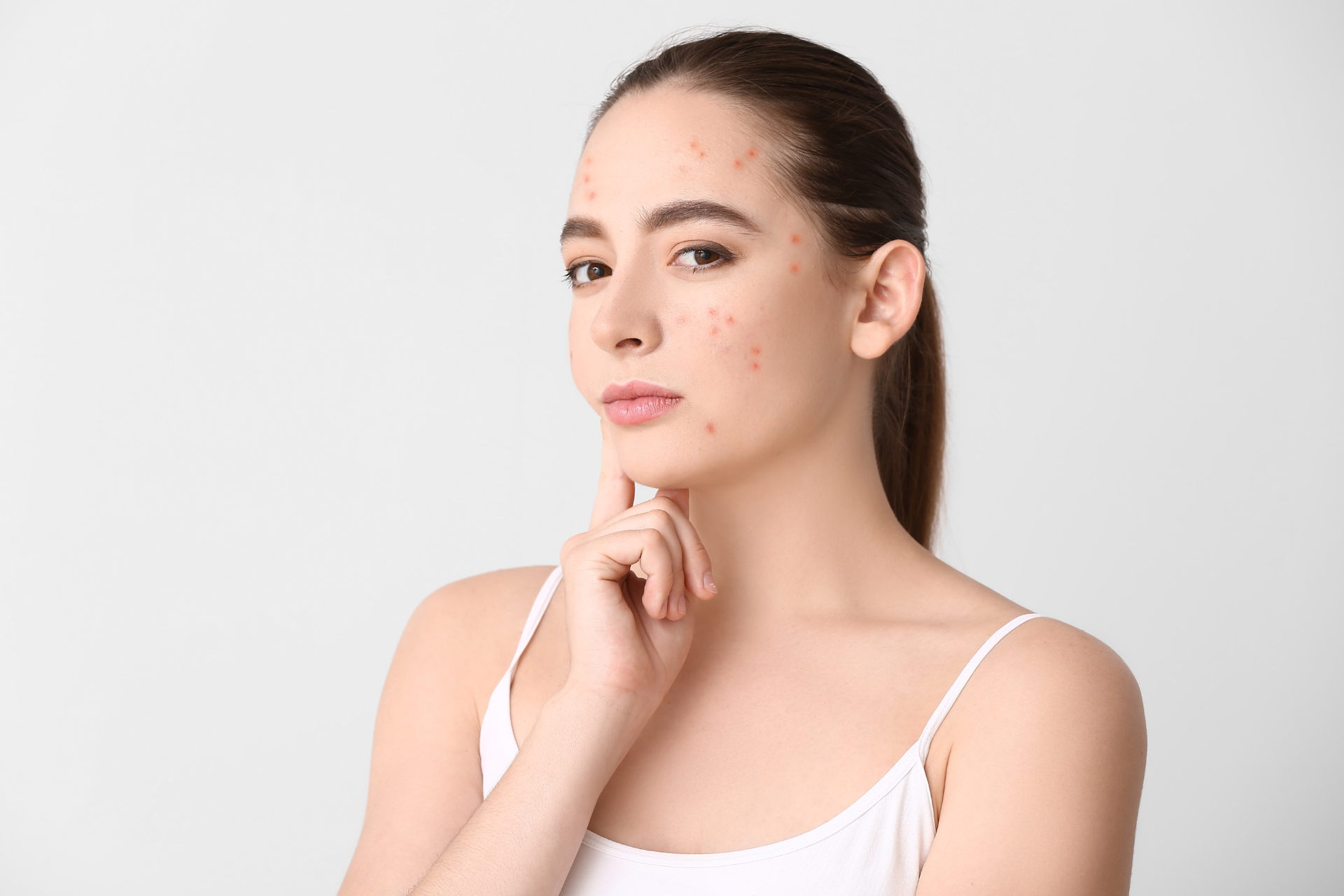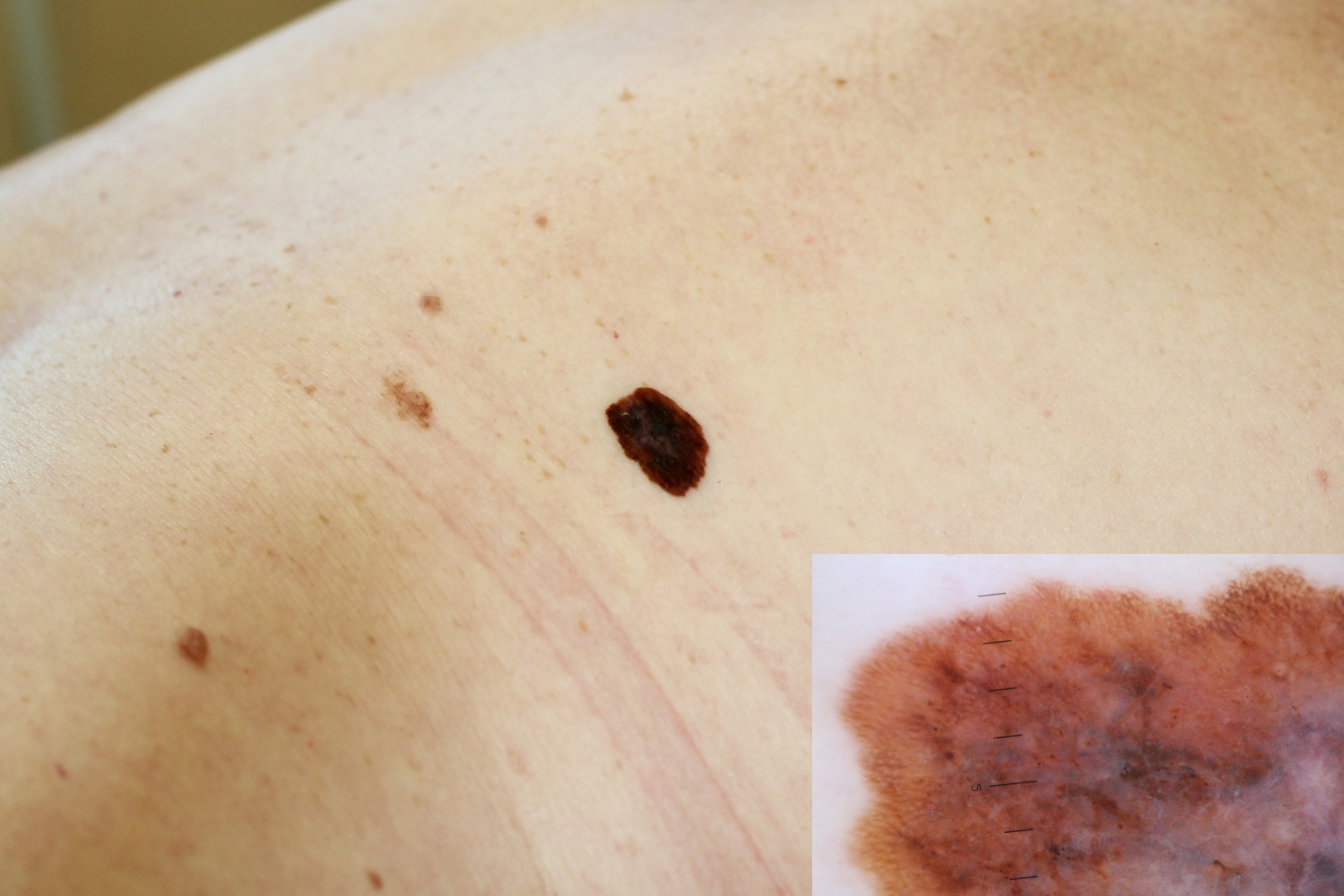Stress and Skin: How Anxiety Affects Your Dermatological Health

Welcome to the Fall Creek Skin and Health Clinic blog, where we prioritize your overall well-being — skin deep and beyond. Today, we’re shedding light on a topic that intertwines the mind and body: the relationship between stress and skin health.
In our fast-paced world, stress and anxiety have become commonplace experiences for many individuals. While it’s well-known that stress can impact mental health, its effects on dermatological health are often overlooked. Understanding this connection is crucial for maintaining healthy skin.
The Stress-Skin Connection
When you experience stress, your body reacts by releasing a cascade of hormones, including cortisol. This hormone, often called the "stress hormone," plays a significant role in our fight-or-flight response. While this response can be beneficial in short bursts, chronic stress leads to prolonged elevated levels of cortisol, which can wreak havoc on your skin.
Cortisol boosts oil production in the skin, leading to clogged pores and a range of skin issues, most notably acne. Individuals already prone to breakouts may find that their skin erupts during particularly stressful times. Moreover, cortisol can inhibit the skin’s capacity to heal, exacerbating existing conditions and slowing the recovery process.
Common Skin Issues Linked to Stress
Stress manifests on our skin in various ways. Here are some common dermatological concerns associated with anxiety and stress:
1. Acne
Increased oil production due to heightened cortisol levels can result in increased acne flare-ups. Stress can also lead to unhealthy lifestyle choices, such as poor diet and lack of sleep, that further aggravate skin conditions.
2. Eczema and Psoriasis
For individuals already dealing with conditions like eczema or psoriasis, stress can trigger flare-ups. The exacerbated inflammation can lead to an unpleasant cycle of itching and scratching, worsening the skin’s condition.
3. Aging
Chronic stress can lead to premature aging. Studies have shown that stress can result in the breakdown of elastin and collagen, two proteins essential for skin elasticity and youthfulness. This degradation can result in more pronounced fine lines and wrinkles.
4. Hives and Rashes
Stress can also cause or worsen hives and rashes, leading to swollen, itchy breakouts that can be both uncomfortable and unsightly.
Coping Strategies for Healthy Skin
Understanding how stress affects your skin is the first step in managing its impacts. Here are some strategies to help mitigate stress and its associated dermal effects:
- Mindfulness and Meditation
Incorporating mindfulness practices like meditation, deep breathing exercises, or yoga can help reduce stress levels. Reducing stress not only calms the mind but also leads to better skin health.
- Regular Exercise
Physical activity is a natural stress reliever. Whether it’s a brisk walk or a vigorous workout, exercise releases endorphins that help combat anxiety, leading to an overall improvement in skin conditions.
- Adequate Sleep
Quality sleep is vital for skin repair and rejuvenation. Prioritizing good sleep hygiene can significantly affect your skin's appearance.
- Balanced Diet
A diet rich in antioxidants, vitamins, and hydration can support skin health and help buffer the effects of stress on the body.
At Fall Creek Skin and Health Clinic, we believe in a holistic approach to health. If you're experiencing stress-induced skin issues or any skin-related concerns, our dedicated team is here to help. We offer comprehensive evaluations for all ages, so you can seek guidance tailored to your unique needs. Remember, your skin is a reflection of your overall health; take care of it both inside and out. Thank you for reading, and let’s work together towards achieving healthier, happier skin!




